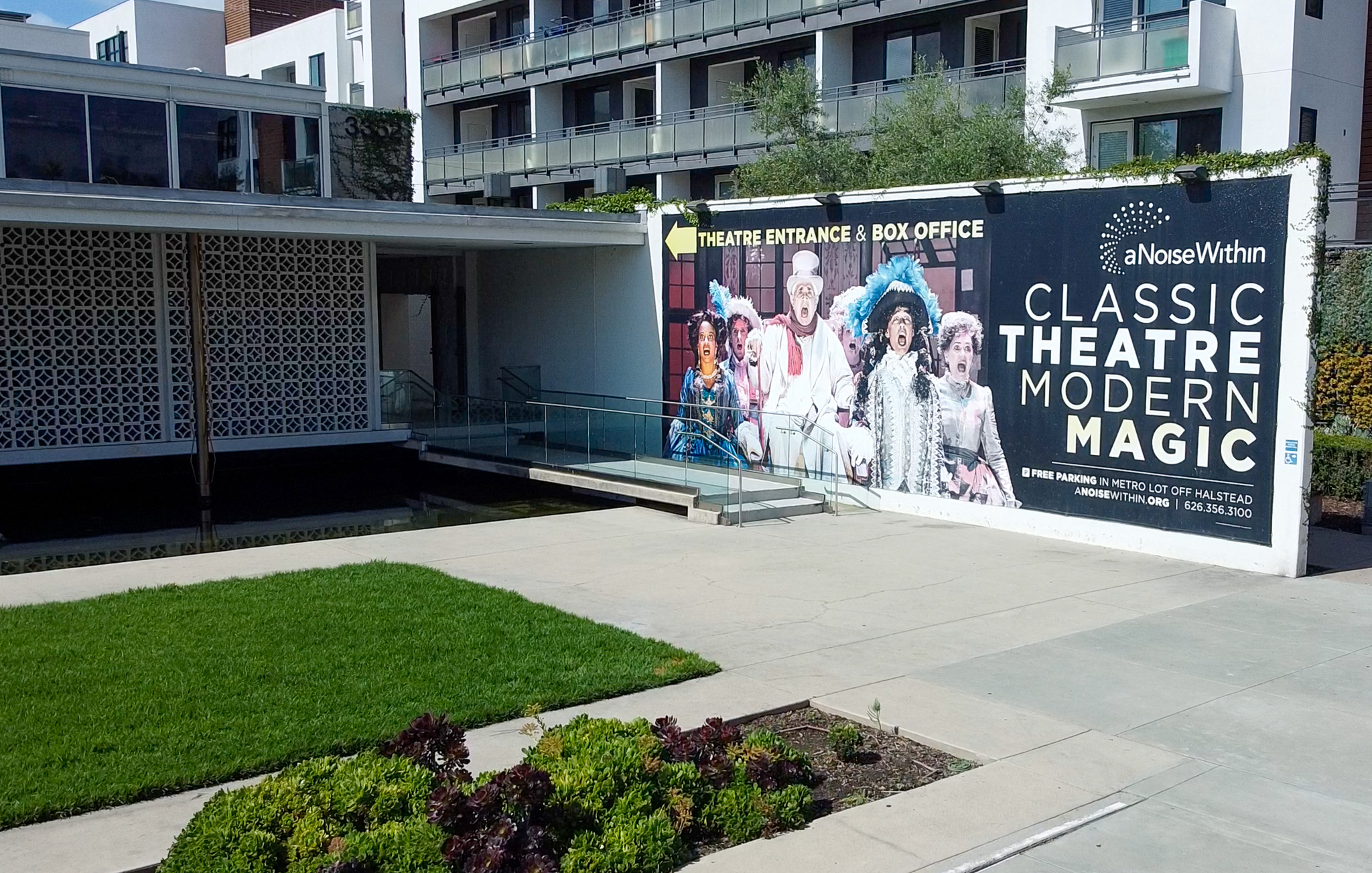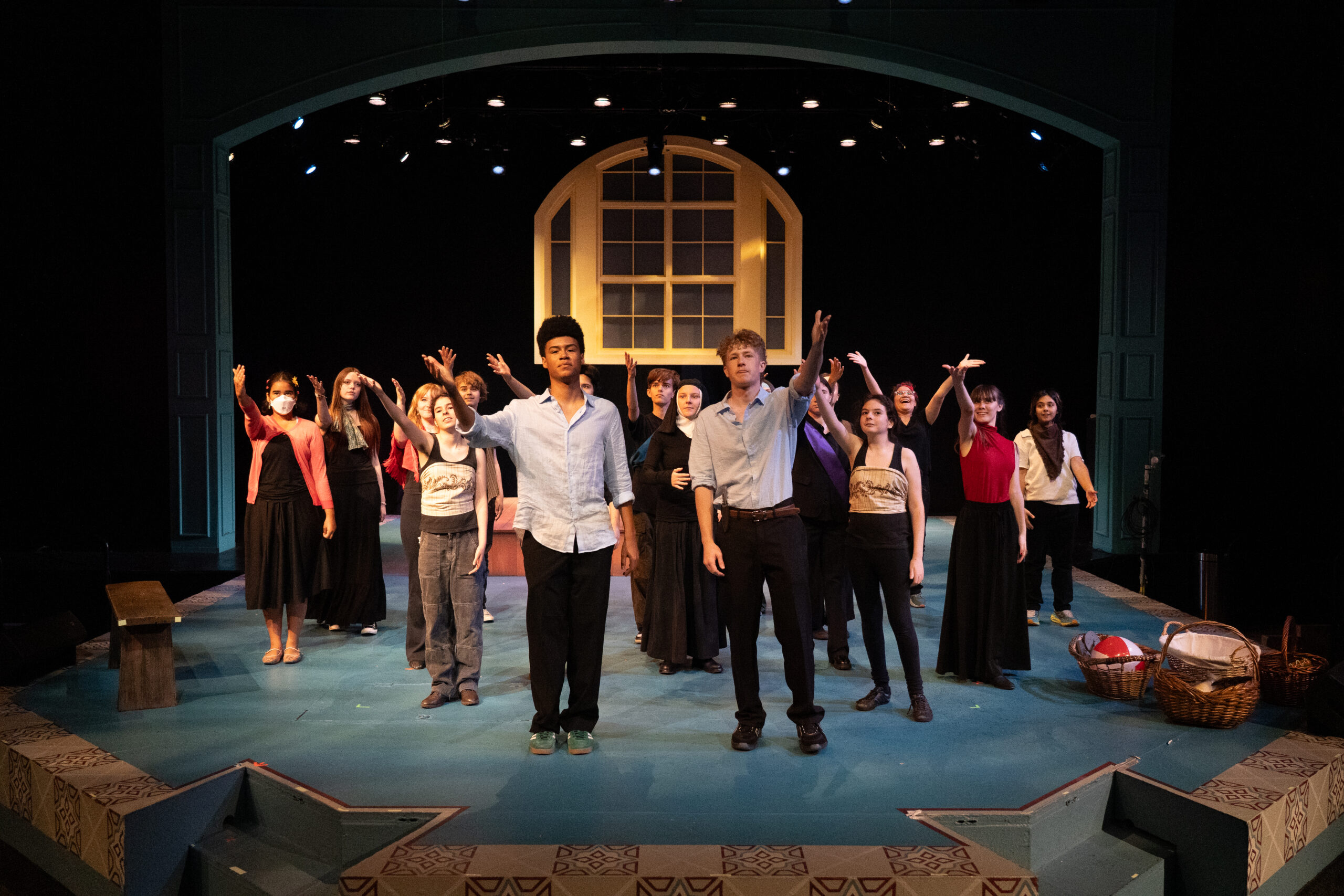All’s Well That Ends Well: Too Hot to Handle?

By A Noise Within
January 21, 2022
By Dr. Miranda Johnson-Haddad
For a play that is concerned with many of the same challenges that society continues to grapple with today, William Shakespeare’s All’s Well That Ends Well is performed surprisingly seldom. Some of the hesitation may be due to the fact that the play defies easy categorization: although All’s Well follows Shakespeare’s comic and Late Romance formulas, at least to some extent—the heroine overcomes many challenges to win the man she loves, and the play ends with forgiveness and redemption—the play is usually referred to as a “problem play” because it doesn’t fit smoothly into any of these more familiar literary genres. Also troubling are the concerns that All’s Well may raise for audiences: we can’t help but feel uneasy about this couple’s prospects for future happiness, largely because it can be difficult to see Bertram as anything other than a complete cad who doesn’t begin to deserve the love that Helena, a truly superior woman, bestows upon him.
Yet many of Shakespeare’s male characters don’t really seem to deserve the women who love them, and this holds true across dramatic genres; whether in the comedies, the tragedies, the Late Romances, or the problem plays, Shakespeare’s men seldom strike us as being good enough for the smart, proactive, emotionally generous women who love them. But this apparent unworthiness may, in fact, be Shakespeare’s point. Most of the playwright’s heroes, from Orlando to Orsino, and from Claudio to Leontes, come to love and appreciate the marvelous women who love them, and the fact that the men do so, with gratitude and humility, is enormously to their credit.
Bertram arguably belongs to this group too, and much of the uneasiness that we may feel about All’s Well can be addressed and resolved in performance. All of Shakespeare’s plays are, in the end, scripts, and though we can enjoy reading the plays and benefit from studying them, none of them is ever fully complete until it is performed. In the hands of a thoughtful director, cast, and creative team, even a play as challenging as All’s Well provides a vehicle for exploring the difficulties that every society confronts, in the twenty-first century as in the sixteenth. The central themes of All’s Well—women who defy patriarchal norms, what constitutes acceptable feminine behavior, class inequality—continue to speak to us forcefully today. Whether we’re theatre makers or audience members, embracing this play in all its complexity can offer a way forward to a better understanding of ourselves and of each other.









